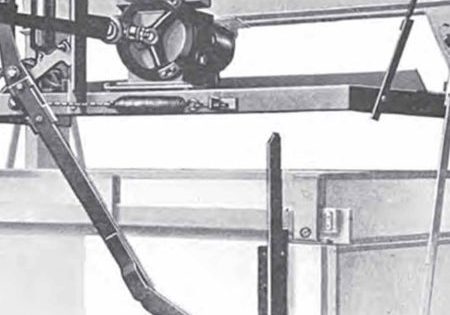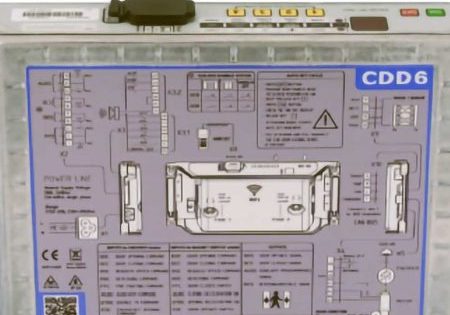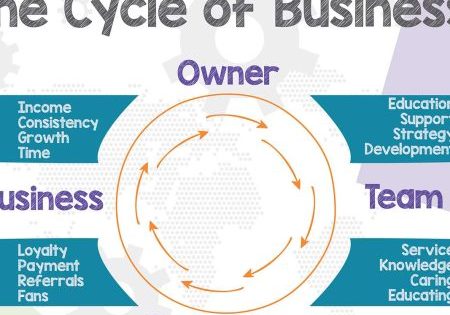Court confirms that express contract terms prevail when interpreting parties’ design responsibilities.
Design and build projects proceed on the basis that the contractor bears responsibility for carrying out and completing the design. Where the employer provides a design that has been progressed to a certain level, the contract should explicitly state the extent to which the contractor can rely on that existing design.
Difficulties arise when the contract is not as clear as it might be, and the parties disagree about the scope of the contractor’s design responsibility. In interpreting the disputed contract provisions, do individual sentences carry more weight than the general tenor of the agreement? Can pre-contractual submissions qualify the language of the contract?
The recent case of Workman Properties Ltd. v Adi Building And Refurbishment Ltd. [2024] EWHC 2627 (TCC) provides fresh guidance on all of these issues.
Key Takeaways
- When interpreting contracts, the express terms in their totality prevail over isolated statements, precontract discussions or assumptions made by the parties before a contract was agreed.
- When seeking to allocate design responsibility, make sure your contract terms are clear, consistent and precisely reflect the agreement between the parties.
Background
On 6 January 2022, Workman Properties Ltd. (“Workman”) and Adi Building Refurbishment Ltd. (“Adi”) entered into a Joint Contracts Tribunal (JCT) Design and Build Contract 2016 Edition (with bespoke amendments) (“the JCT Contract”) for the expansion of existing facilities at Cotteswold Dairy in Gloucestershire.
The parties had contested an adjudication involving a dispute over Adi’s design responsibilities. Workman contended that Adi had inherited design work carried out pre-contract and contained in the Employer’s Requirements (“ERs”) and had assumed full responsibility for completing the design to the Royal Institute of British Architects (RIBA) Stage 4 (technical design) standard.
Adi disagreed. Pointing to the second part of paragraph 1.4 of the ERs, which read, “significant design has been developed to date which has been taken to end of RIBA Stage 4(i),” Adi argued that such language constituted a contractual warranty given by Workman that Workman had completed the design to Stage 4 prior to the commencement of the JCT Contract.
The Adjudicator had agreed with Adi’s interpretation. Since not all work met Stage 4 standards, the Adjudicator determined that Workman had breached its warranty and/or necessitated a change under the JCT Contract, entitling Adi to additional time and money for completing the design work.
Workman was dissatisfied and commenced court proceedings, seeking declarations that its interpretation of the contract was correct and that Adi was wholly responsible for completing the design to Stage 4.
Court’s Decision
Judge HHJ Stephen Davies ruled in favour of Workman for the following reasons:
- When interpreting contracts, the focus should be on the express terms and the language used, rather than pre-contractual negotiations or the subjective intentions of the parties.
- All relevant contract provisions, except the second part of paragraph 1.4 of the ERs, placed the Stage 4 design responsibility on Adi. In particular, the Judge highlighted:
- • Recital 3 of the JCT Contract, which stated that Adi had “examined the Employer’s Requirements” and had agreed to “accept full responsibility for any design contained in them.”
- • Clause 2.17.1 of the JCT Contract, which provided that Adi was “fully responsible in all respects of the design of the works including all design work proposed by or on behalf of the Employer … forming part of the Employer’s Requirements.”
- • The first half of paragraph 1.4 of the ERs which held Adi responsible for “the complete design, construction, completion, commissioning and defects rectification of the works.”
- Adi’s reliance on the second part of paragraph 1.4 was misplaced. That provision was not sufficient to qualify all the other (clear) contractual terms and did not amount to a contractual warranty. The contract imposed full design responsibility on Adi, including to Stage 4.
Analysis
In contractual interpretation, the express terms of the contract invariably carry the most weight.
Neither isolated statements nor pre-contractual negotiations nor the parties’ subjective assumptions will qualify the express provisions of a contract. If representations made during the tender process are critical, they should be clearly incorporated in the contract.
This article contains information of general interest about current legal issues but does not provide legal advice. It is prepared for the general information of our clients and other interested parties. This article should not be relied upon in any specific situation without appropriate legal advice. If you require legal advice on any of the issues raised in this article, please contact
one of our specialist construction lawyers. © Hawkswell Kilvington Ltd. 2025.
Get more of Elevator World. Sign up for our free e-newsletter.










